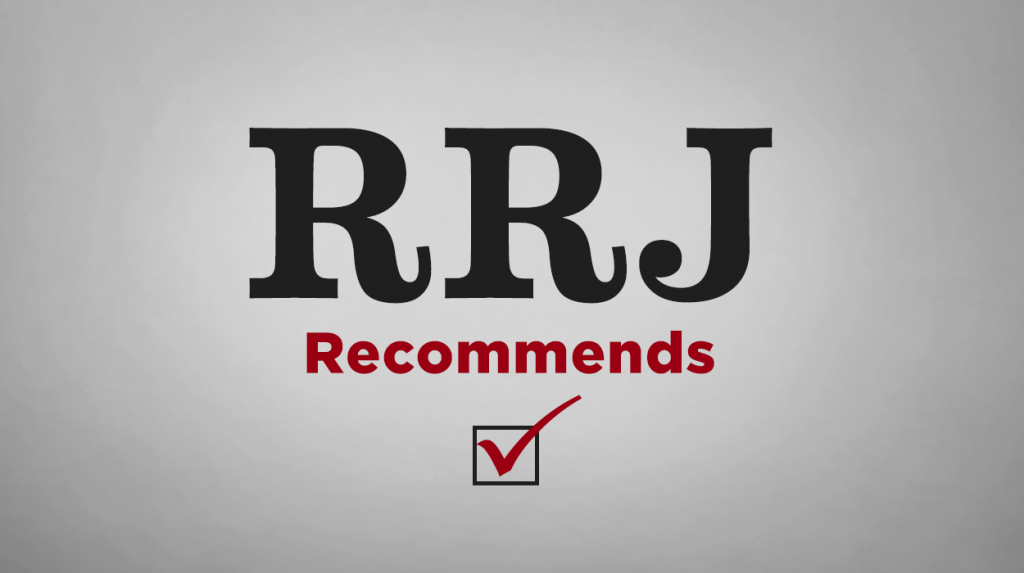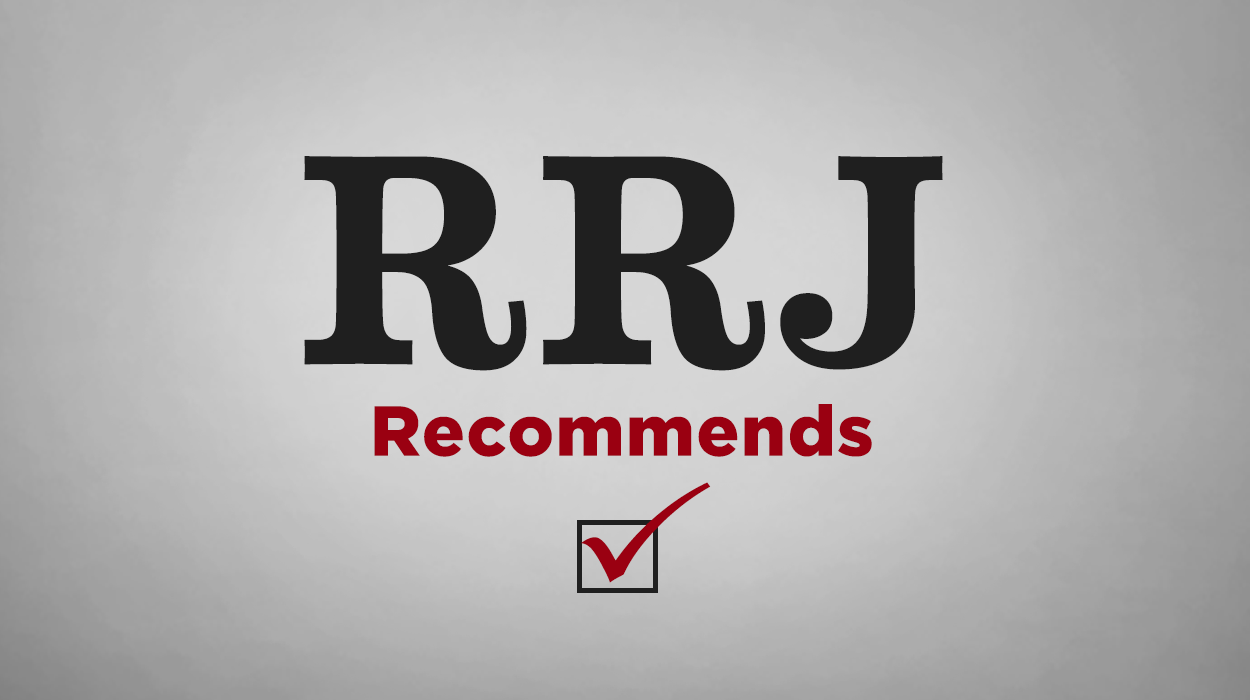
The RRJ recommends you check out George Takei‘s essay, “They interned my family. Don’t let them do it to Muslims,” published in the Washington Post on November 18, 2016
“How terrible it is to contemplate, once again, that the government itself might once more be the very instrument of terror and division. That cannot happen again. We cannot allow it.”
In the United States, more than 120,000 Japanese men, women, and children were taken from their homes and sent to live in internment camps. It took over 40 years for President Ronald Reagan to formally apologize in 1988. Canadian Prime Minister Brian Mulroney apologized the same year, for Canada committing the same atrocity.
But the damage had already been done.
In a Washington Post op-ed, the actor-turned activist George Takei reminds readers that rhetoric is dangerous, and that his family paid the price for it seven decades ago. America, he says, can not let the same happen to its Muslim population, which the Pew Research Center estimates at 3.3 million people.
“Let us all be clear: ‘National security’ must never again be permitted to justify wholesale denial of constitutional rights and protections,” Takai writes. His words read like a call to action, and a rising up together against those who want to deny peaceful people their constitutional rights. It reads like Martin Luther King Jr.’s “I Have A Dream” sounds, in the sense that it’s a call to rally people to a just cause. To look at the current power and say: No. Not anymore.
And, in this case: No. Not again.
“The stigmatization, separation and labeling of our fellow humans based on race or religion has never led to a more secure world. But it has too often led to one where the most vulnerable pay the highest price,” Takai writes. President-elect Donald Trump floated the idea of a Muslim registry. The threat of camps hangs over it. The threat of history repeating itself hangs over it. All for the sake of “national security.”
America needs to watch out before it hangs itself with its own flag.
In 2010, my dad, his wife, her parents, my two younger siblings, and myself went on a road trip across southern British Columbia. My brother was a year and a half, my sister was six, and I was 13. Along the trip, we stopped at a site in New Denver, British Columbia that used to be a Japanese internment camp that has since become a national historic site. As we got out of the car, we noticed a Japanese family getting into their own vehicle. A young-ish woman was helping an aging gentleman into the back of the black car. Everyone was quiet. We learned afterwards, from a museum attendant, that the gentleman’s family had been interned at the site, and his sister had been born there. He had been visiting to commemorate her birthday.
There can’t be another generation of families that have to go through the hardships that this man and Takei went through. No one should have had to live like those families did, and no one should do it again. Those are very simple statements, yes, but it’s a simple thought. But since forever, people have done a lot in the name of “national security.” The Salem witch hunts, all the anti-terrorist bills, the Japanese internment camps…
“And it was normal to stand each day in our makeshift classroom, reciting the words to the Pledge of Allegiance, “With liberty and justice for all,” as I looked past the U.S. flag out the window, the barbed wire of the camp just visible behind it,” Takai writes. “Not until I was older did I understand the irony of those words and the injustice that had been visited on so many of us.”
